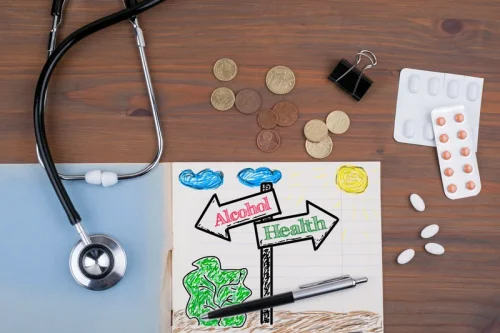
There are many different options and resources that can help you learn how to quit drinking. Just remember that there is no single approach that works for everyone. There are effective treatment approaches that can help you quit, so talk to your doctor or a mental health professional if you need more help finding options that will work for you. Whether you’re sober curious, know for sure you’re ready to quit, or fall somewhere in between, Dr. Streem shares advice for how to stop drinking.
Your Skin May Improve
- Learn more about the health effects of drinking alcohol here.
- Trouble sleeping is common after you stop drinking, especially early in recovery.
- Food can absorb the alcohol in beverages, so eating before or even while you drink can dampen the effect and may make you want to drink less, says Crews.
- For additional support, see the activities on drink refusal skills and handling urges to drink.
- American Addiction Centers recommend no more than one drink a day for women and two drinks a day for men, so keep that in mind as you’re setting a goal to cut back.
Try hobbies and self-care activities that make you feel relaxed, proud of yourself, included, and mentally and physically healthy. It’s important to acknowledge that everything you try won’t be right for you. Keep trying until you find the activities that resonate with your passions and ultimate wellness goals. Alcohol cravings are an inevitable part of detoxing and getting sober.

Sample Alcohol Tapering Schedule
- By avoiding alcohol, you’re taking a big step toward improving physical health.
- Whether it’s improved relationships, better health, or weight loss, keeping the “why” in sight can help boost your motivation.
- Family and friends can provide encouragement and support when you stop drinking.
- Research shows that most people who drink heavily, even those with AUD, can cut back significantly or quit.
- Potential solutions might include looking for low-cost treatment options, joining a support group, and talking to a mental health professional.
- The National Institute on Alcohol Abuse and Alcoholism suggests that having a plan can help solidify your goals and give you a roadmap for how to achieve them.
- But it’s also one of the most important questions you’ll answer on your road to recovery.
Knowing why you drink is essential, says Cyndi Turner, LCSW, LSATP, MAC, a Virginia therapist specializing in addiction treatment and alcohol moderation. Maybe you don’t think you depend on alcohol exactly, but you still wonder whether you might be drinking too much. Parenting advice, hot topics, best buys and family finance tips delivered straight to your inbox. As well as reading the book, I also attended Allen Carr’s Easyway to Give Up Alcohol workshop in London (there are several around the UK). This full-day session is led by someone who’s also given up following the method.
I drank non-alcoholic drinks

For some people, their why is centered around relationships. For others, it’s their careers that have taken a hit due to the effects of their drinking. And for others it’s a combination of factors that motivates their move to sobriety.
Reduced Heart Disease Risk

You aren’t to blame for your loved one’s drinking problem and you can’t make them change. The person with the drinking problem needs to take responsibility for their actions. Don’t lie or cover things up to protect someone tips to quit drinking from the consequences of their drinking. When you drink, sip slowly and take a break of 30 minutes or one hour between drinks. Drinking on an empty stomach is never a good idea, so make sure you eat food when you drink.

Women and Alcohol
This is why it’s always best to find some form of long-term support in sobriety. Support groups, from Alcoholics Anonymous to SMART Recovery, are one free way to find a community of people on the same journey. There are also a number of anti-craving medications to help you avoid drinking again, or even help with your tapering process.
Health Alerts from Harvard Medical School
Even after admitting you have a drinking problem, you may make excuses and drag your feet. It’s important to acknowledge your ambivalence about stopping drinking. If you’re not sure if you’re ready to change or you’re struggling with the decision, it can help https://ecosoberhouse.com/ to think about the costs and benefits of each choice. To prevent symptoms of alcohol withdrawal from worsening, people need to stay in a controlled and calm environment. They can help people manage withdrawal symptoms and keep them on track to stop drinking.
Prepare for potential alcohol detox

Letting others know about your choice to stop drinking may help motivate you to stick with your decision. From month-long sobriety challenges to the Sober Curious movement, more and more people are taking a closer look at the role alcohol plays in their lives. Millie agrees that keeping yourself accountable and having a goal can really help you stick to your plan.

